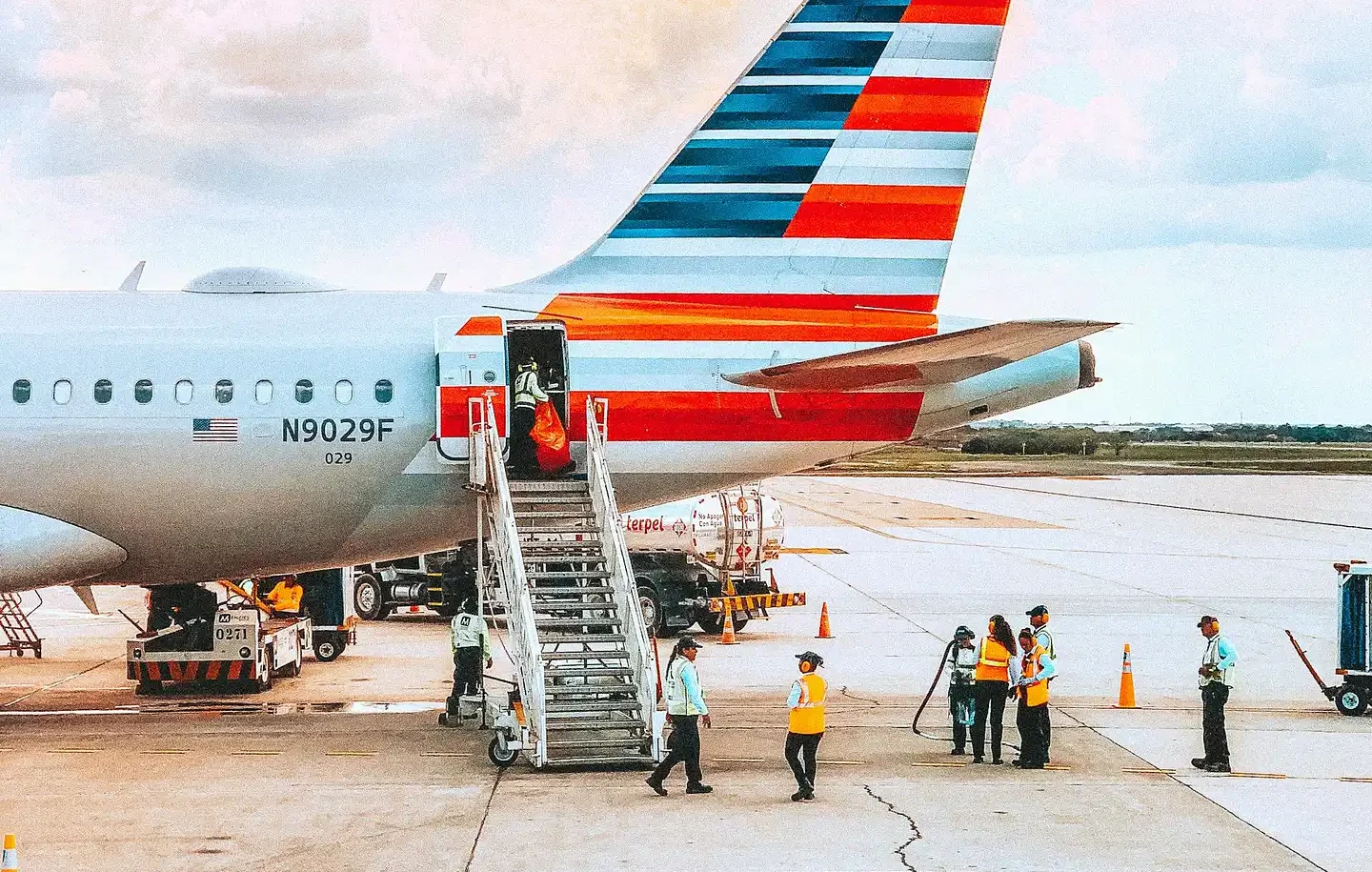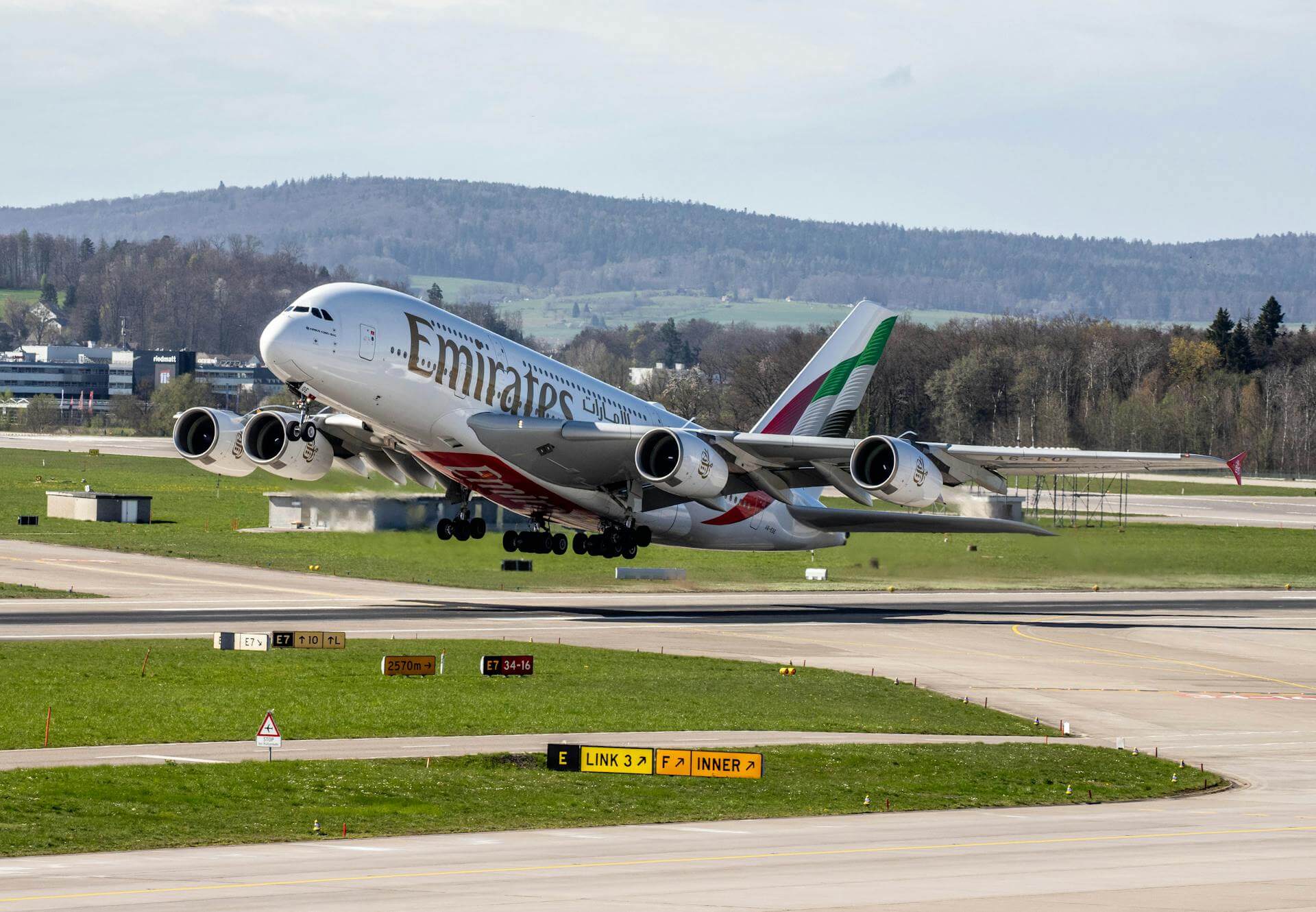Is Aviation Management Considered Useless? Debunking the Myth
In today’s competitive job market, many prospective students question: is aviation management considered useless as a degree choice. This concern stems from misconceptions about career prospects and return on educational investment. Aviation management programs prepare professionals to handle the business aspects of airlines, airports, and related services—but do these qualifications translate to meaningful career opportunities?
According to the Bureau of Labor Statistics, aviation management positions offer median annual wages of approximately $98,230, significantly higher than the national average. These statistics directly contradict the notion that aviation management is useless, instead revealing a field with strong compensation potential.
The Real Value of Aviation Management Degrees in Today’s Market
The aviation industry contributes over $850 billion annually to the U.S. economy and supports over 10.6 million jobs, according to the Federal Aviation Administration. With such economic significance, qualified managers remain essential to operations. The misconception that is aviation management considered useless fails to account for the specialized knowledge these professionals bring to the table.
Daniel Thompson, Director of Operations at American Airlines, states, “Aviation management graduates bring invaluable perspectives to our operations. Their specialized training in aviation regulations, safety protocols, and business operations makes them uniquely qualified to tackle the complex challenges of modern air transportation.”

Is Aviation Management Considered Useless When Compared to Other Business Degrees?
When evaluating whether is aviation management considered useless, many compare it to general business degrees. While general business qualifications offer flexibility, aviation management provides specialized expertise in a global industry that consistently shows growth despite periodic economic fluctuations.
The International Air Transport Association (IATA) projects that global air passenger numbers will reach 8.2 billion by 2037, nearly doubling from 2019 levels. This growth necessitates skilled managers who understand both aviation operations and business fundamentals.
Aviation management degrees typically cover:
- Airport planning and design
- Airline economics
- Aviation safety and security regulations
- Air transport logistics
- Environmental impacts and sustainability measures
These specialized areas of study prepare graduates for positions that general business degree holders would require significant additional training to fill, dispelling the myth that is aviation management considered useless.
Career Paths That Prove Aviation Management Is Far From Useless
Graduates with aviation management qualifications access diverse career opportunities, including:
- Airport Operations Manager ($85,000-$120,000)
- Airline Station Manager ($70,000-$95,000)
- Aviation Safety Inspector ($72,000-$107,000)
- Air Cargo Operations Manager ($75,000-$100,000)
- Aviation Consultant ($90,000-$150,000)
The specialized knowledge of regulations, operations, and industry-specific challenges makes aviation management graduates particularly valuable. The question of whether is aviation management considered useless is answered by the industry’s continued demand for these specialized professionals.
Dr. Maya Robinson, Associate Professor of Aviation Management at Embry-Riddle Aeronautical University, emphasizes, “Our graduates consistently secure positions within six months of graduation. The specialized knowledge they gain makes them highly sought after, particularly as the industry embraces technological innovation and sustainability initiatives.”
FAQ: Addressing Common Questions About Aviation Management Careers
Does an aviation management degree limit career options to just airports and airlines?
No, graduates find opportunities with aircraft manufacturers, government regulatory agencies, aviation consulting firms, and even in adjacent transportation sectors where their specialized management knowledge transfers effectively.
How does the salary potential for aviation management compare to other business fields?
Mid-career aviation management professionals often earn between $85,000-$120,000 annually, comparable to many other business specializations but with the advantage of working in a globally connected industry with travel benefits.
Is aviation management vulnerable to automation and technological disruption?
While technology transforms aviation operations, the need for skilled managers who understand both human factors and technical systems is increasing, not decreasing, especially as safety and regulatory compliance remain human-centered responsibilities.
What skills from aviation management are most transferable to other industries?
Crisis management, regulatory compliance expertise, logistics optimization, and strategic planning under tight constraints are highly valued skills that transfer well to numerous other sectors.
How important is practical experience alongside an aviation management degree?
Internships and practical experience significantly enhance employability. Most successful aviation managers combine academic knowledge with hands-on operational understanding gained through industry placements.
Are there growth opportunities in aviation management related to sustainability?
Absolutely. As the aviation industry faces pressure to reduce its environmental impact, new roles focusing on sustainable aviation fuel implementation, carbon offset programs, and green airport initiatives are emerging rapidly.
Share Your Thoughts: We Value Your Feedback!










